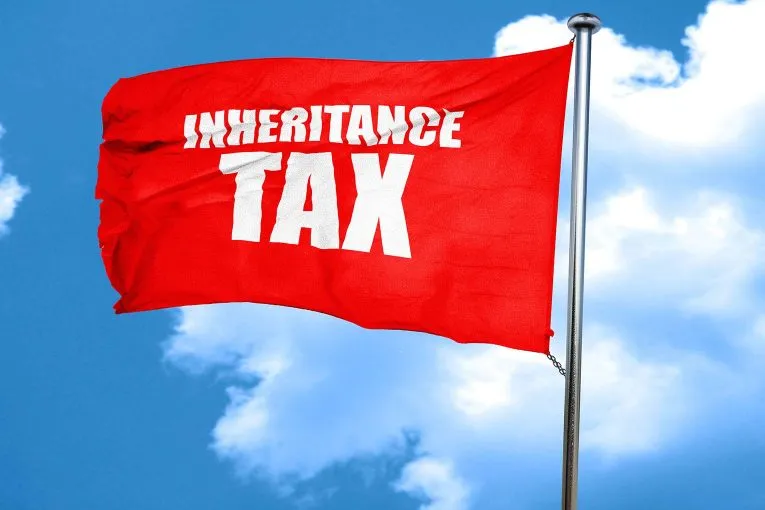Inheritance tax (IHT) receipts rose to £1.5 billion in April and May 2025 – £98 million higher than the same period last year, according to newly published HMRC data.
The figures suggest the UK is on course for another record-breaking year for IHT, with more families than ever drawn into the tax due to thresholds that have remained frozen since 2009.
In contrast, stamp duty receipts fell to £918 million in May, down from £1.3 billion in April – a 30% drop.
The fall follows a temporary uptick in transactions earlier in the spring as buyers rushed to complete ahead of the end of a stamp duty holiday.
RETHINKING FINANCIAL PLANS

But Helen Morrissey, head of retirement analysis at Hargreaves Lansdown, warns that the policy is pushing people to rethink their financial plans, particularly with proposed changes on the horizon.
Sha adds: “We could well be on course for another record-breaking year. Frozen thresholds means fiscal drag remains a huge factor. Families have another looming issue on the horizon – from 2027 pensions are expected to no longer be exempt from inheritance tax. It’s a move that will drag many more people into the net and is making them rethink their plans.”
She adds that those able to access their pensions may start gifting wealth during their lifetime to minimise future IHT bills, but urges caution.
She says: “Giving away too much, too soon, could spell disaster for your own later life planning. You may find that your generous gifts leave you short of cash yourself later on.”
STAMP DUTY FALLS BACK

Sarah Coles, head of personal finance at Hargreaves Lansdown, says the drop in stamp duty highlights how short-term tax policies can lead to unpredictable swings in market activity.
She adds: “It goes to show how temporary tax changes can distort people’s behaviours – so there was a rush for the end of the stamp duty holiday and a slump once it ended.
“If the government ends up needing to collect more tax in the autumn Budget, the potential for people to change their behaviour will be a key consideration. A tax hike that causes a great deal of upset and ends up collecting less tax overall would be the ultimate lose-lose for any government.”
FISCAL DRAG
While much attention has been paid to income and capital gains taxes – both of which also posted year-on-year increases – the rising inheritance tax take highlights a growing pressure on families to undertake more complex estate and tax planning.
With the freeze on personal tax thresholds in place until at least 2028, more households are expected to cross into higher tax brackets over time.
The Office for Budget Responsibility has previously estimated this “stealth tax” effect will generate billions in additional revenue for the Treasury over the coming years.
As political and economic uncertainty persists, all eyes will now turn to the autumn Budget for clues on whether the government plans to adjust course – or press ahead with fiscal policies that are quietly reshaping the tax landscape for millions.










